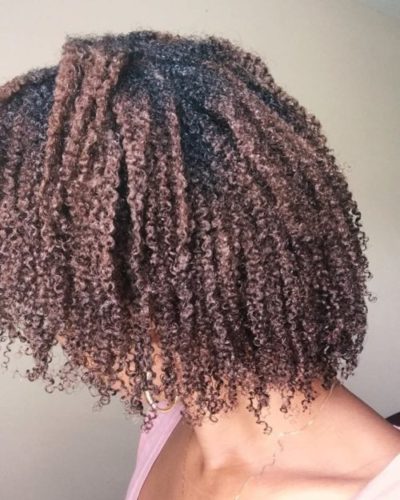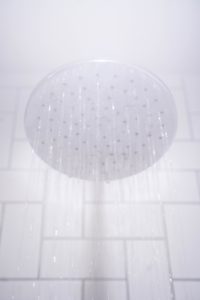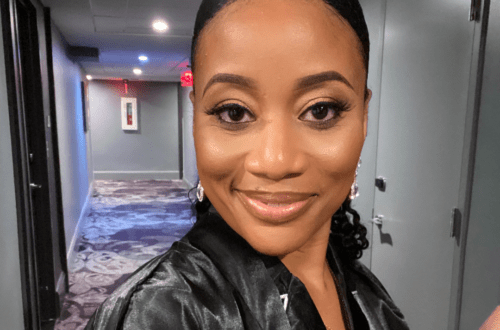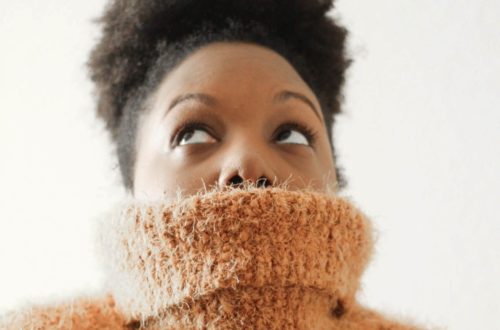
Why I Stopped Co-washing My Hair
People are sometimes surprised when they find out what I don’t do to my hair. The common belief in the natural hair community is that there are certain holy grail steps that we must follow or products that we must use in order to be successful on this journey. While this is probably true, we have taken the basic principles of hair care and turned them into something so complicated that it makes it nearly impossible to actually be successful.
I know that all of us aren’t out here struggling, and genetics is giving some of us a leg up, but there is something to be said about the benefits of incorporating healthy hair practices into your routine. Keeping things simple and being intentional can make a big difference when it comes to caring for you hair.
Over the next several weeks I will be sharing some of the things that I cut out of my hair care routine and the facts behind why I chose to do it. So, grab a friend and grab a pen, and let’s discuss the reasons I stopped co-washing my hair.
What are co-washes

Co-washes originated as a solution to the overly stripping effects of shampoos containing strong sulfates. It used to be that the most commonly available shampoos on the market all contained sulfates. Theses shampoos were so efficient at cleansing the hair that they would literally strip the hair and scalp of everything (oil, dirt, products, and sebum). Your hair would be squeaky clean, but would often also feel brittle and dry (especially with frequent use).
Originally, co-washes were done using normal conditioners as a way to nourish and “cleanse” the hair without causing any extra dryness. Now, some manufactures have created products labeled as co-washes that contain very mild detergents along with other potentially nourishing agents.
Why I stopped using them:
Co-washing your hair does not adequately cleanse the scalp
A clean scalp is the foundation for healthy hair success. Shampoos are a necessary part of your hair care routine because they can cleanse away any products, dirt, oil or debris that could be clogging your pores, weighing down your strands, and preventing your styles form being successful. Co-washing alone, because these products do not have significant cleansing ability, does not effectively remove product to adequately cleanse the scalp.
Co-washing your hair can contribute to product build up
As mentioned before, co-washing is not a substitute to cleansing your scalp. In addition to not adequately removing products, dirt, and oil from your hair, co-washes can also deposit and additional layer of product onto your strands.
Excessive product buildup can be a key cause of dehydrated, dry, and brittle strands. Having layers of heavy products on the strands can prevent them from receiving moisture that is typically absorbed during the cleansing process. This will ultimately affect the hydration level of your hair and eventually lead to damage.
Co-washing your hair can cause your styles to be less defined
When it comes to getting the best results during the styling process, having a clean scalp and hair will always yield the best results. In addition to affecting the hydration level of your hair, the buildup left behind from co-washing can also cause your styles to be less defined. Any buildup left behind (from the co-wash itself or its inability to fully cleanse the hair) will prevent your styler from interacting with your hair the way it was intended. This will result is frizzy ill-defined curls and styles that don’t last.
What to do instead
We have come a long way as far as products are concerned. There are several different options available to help meet your cleansing requirements based on your hair care needs. You do not have to shy away from shampoos because you are afraid that they are damaging to your hair. Instead, find what meets your needs and use its at often as necessary to ensure a clean healthy scalp.
It is always a good idea to have a stronger shampoo (for deep cleaning sessions) and a moisturizing or all-purpose shampoo (for routine cleansing) in your product arsenal. Rotating them whenever necessary will ensure that you are properly cleansing our scalp and hair while properly preserving and promoting its health. To learn more about shampoos, healthy hair care practices, and products that might be right for you, visit BoldKulture.com and let’s start a curly conversation.




